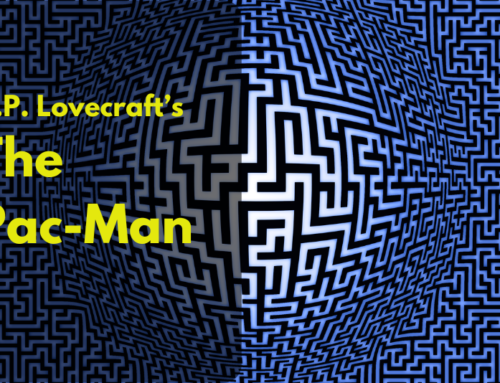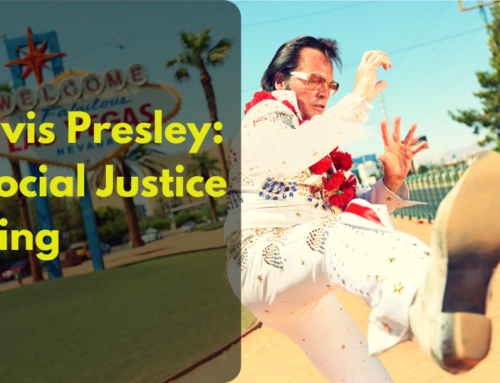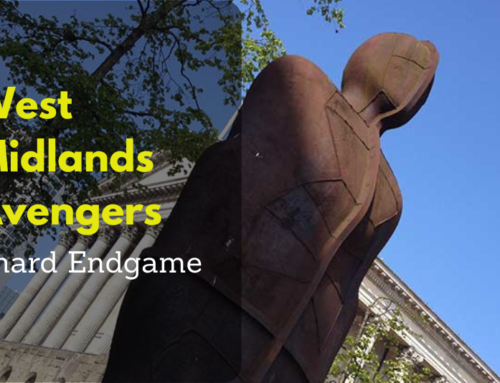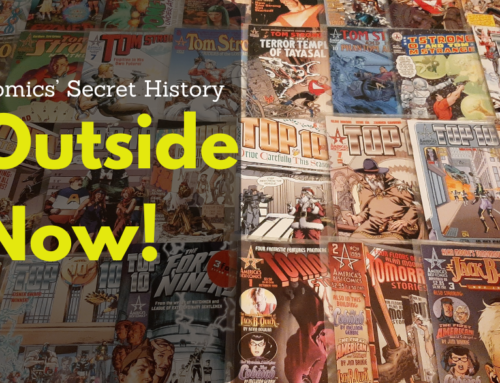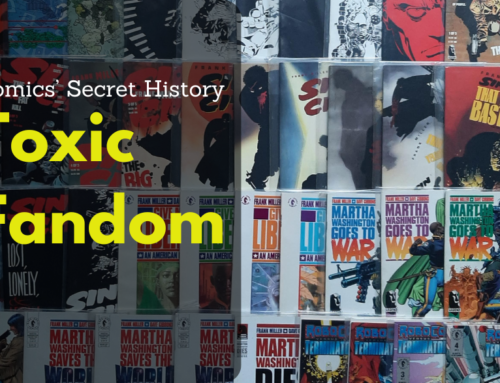Yesterday morning I was driving through heavy rush hour traffic in my fashionable-yet-functional 4×4 people carrier, a pre-loved vehicle that I recently purchased from my literary chum, Salman (One Careful Owner) Rushdie. The metallic black motor came fitted with tinted windows, a tan leather interior and Salman’s favourite set of vanity plates (‘BOOK3R MAN’, since you asked).
I was en route to a very important breakfast rendezvous with Hanif Kureishi when I suddenly found myself ensnared by the Kafkaesque tendrils of the most hideous traffic jam imaginable. As my vehicle ground to an entropic halt along the car-encrusted artery of Camden High Street, I felt an overwhelming sense of ennui, so reached towards the glove compartment for a packet of cheese and onion crisps.
They were Walkers. Oh, how I envied them.
As I indulged in crispy communion with those delightful spheres of saturated spud it started to rain, and so – with a wry, contemptuous flick of the wrist – I swatted a stalk switch to activate the car’s windscreen wipers. However, due to my inexperience with the new vehicle’s controls, instead of wiping the windscreen I accidentally downloaded a podcast.
The recording featured that bestselling bard of bestselling books, Dan Brown, who – I assumed – was promoting his latest slab of contentious text, in which charisma-free code-breaker Robert Langdon becomes embroiled in the shadowy world of early-80s new wave music. As you’re no doubt aware, the book has already attracted a veritable Sturm und Dung of controversy over its central conceit – namely, that rock star Sting and his band The Police ‘faked’ walking on the moon. Many commentators have accused the author of plagiarism, citing similar claims made by rock journalist Charles Shaar Murray in a 1983 issue of Melody Maker.
Mercifully, the podcast was not about his new book but, instead, formed part of a BBC Radio 4 series in which successful authors offer tips to aspiring scribes on how to write bestselling books. Now, you may think that a Man Booker Prize-nominated littérateur like myself would be appalled by the crass, opportunist tactics of a populist penpusher, but you’d be mistaken: I’ve never shied away from embracing new and innovative ways of shifting more units, and perhaps even securing a lucrative movie deal.
In a state of fevered excitement, I clawed through my glove compartment, desperately searching for a note book and pen amongst the overflowing detritus of empty crisp packets. Sadly, all I could find was a chunky permanent ink marker that had been a birthday gift from Martin Amis.
With no other option seemingly available to me, I used the marker pen to scribble Dan Brown’s insights onto the vehicle’s tan leather dashboard. These included the following:
‘The hero should always be an idealised version of the author (you’ll get double the tax allowance).’
‘If you’re on a budget, find a hero that dresses like you. If your hero doesn’t like your clothes, find another hero.’
‘Always describe everything often. Don’t fall into the literati trap of assuming your readers have ever seen a door.’
‘Try to end every chapter with a cliffhanger. To make this more plausible, set your novel in a coastal town.’
‘Always end the story with an underwater climax. It gives your hero more depth.’
While transcribing Dan Brown’s bon mots of bestselling brilliance, my psychographic stupor was abruptly shattered by a policeman tapping on the car window. I was suddenly gripped with fear. These are dangerous times: would my wanton act of dashboard desecration arouse his suspicions? Would I be dragged out of my car, thrown into a cell and forced to spend the rest of my days proofreading classified ads for some provincial rag?
Slowly, I rolled down the window and nervously asked: ‘Is something the matter, officer?’
‘I’m terribly sorry to trouble you, Mr Self,’ said the policeman in a surprisingly conciliatory tone. ‘I’m a long-time admirer of your work and have read all your novels, and even some of your restaurant reviews…’
Oh God, I thought, he’s a fan. Emboldened by this revelation, I interrupted his adulation: ‘That’s nice to hear, officer. Unfortunately, I’m in the middle of something right now. If you contact my agent she’ll send you a signed photograph I’ve taken of myself.’
But this didn’t placate the plod: ‘I’m afraid I’m going to have to ask you to move along, Mr Self. You’re causing an obstruction on the road.’
He was right: so caught up was I in this impromptu podcast-prompted paroxysm of Self-improvement that I hadn’t noticed the cacophony of car horns behind me, or – indeed – that the road ahead was clear. ‘I’m terribly sorry, officer,’ I pleaded. ‘Can you just give me a few more minutes? I’m on very important literary business.’
‘I’m afraid I can’t, Mr Self. The traffic’s backed-up all the way to Kent.’
There was desperation in my voice: ‘But Dan Brown is teaching me how to turn my books into international best-sellers!’
‘Really?’ asked the policeman. ‘Can I have a listen?’ Before I had a chance to reply, he leaned through the open window and – despite the car’s spacious interior – my personal space felt violated as his left ear hovered uncomfortably close to my front nose.
A few awkward moments later he turned to me and said: ‘I don’t want to be telling you your business, Mr Self, but are you absolutely sure this man is a writer?’
I was aghast: ‘What do you mean?’
‘Well, I speak to a lot of writers, particularly on this stretch of road. They’re always holding up traffic,’ he chuckled. ‘This man doesn’t sound like a writer to me.’
I asked him to elaborate.
‘Well, for one thing, he sounds very pleasant and down to earth. Friendly, even. I’ve never met a writer that sounded like that. And something else: he doesn’t seem to be using lots of long words and fancy French phrases you have to look up on the internet.’
Quelle horreur – the gendarme was right! I was overcome with a heady cocktail of Self-righteous indignation and Self-loathing. So desperate was I to plunder Dan Brown’s brainbox that I didn’t even notice his shameless lack of jumbo-syllabic excess and gratuitous French adjectives. You know, terms like ‘jouissance’, ‘sobriquet’ and ‘fin de siecle’, all delivered in that practised, monotonous, robot-like voice that’s more dead than alive.
I thanked the policeman and drove off at haste, suddenly aware that I was running late for my very important breakfast rendezvous with Hanif Kureishi. Unfortunately, due to my inexperience with the new vehicle’s controls, I lost control of my fictional-yet-functional 4×4 people carrier and crashed into the front window of a nearby Waterstones.
So if you’re reading this, Danny Boy, here’s a word of warning: learn to talk like a proper scribe. Perplex the public with unfeasibly large words and a smattering of French and try to sound more like Hal 9000 and less like an aluminium siding salesman.
If you don’t shape up soon, Hanif, Salman and myself will turn up at your house late one night with baseball bats and teach you what it means to be a writer.





